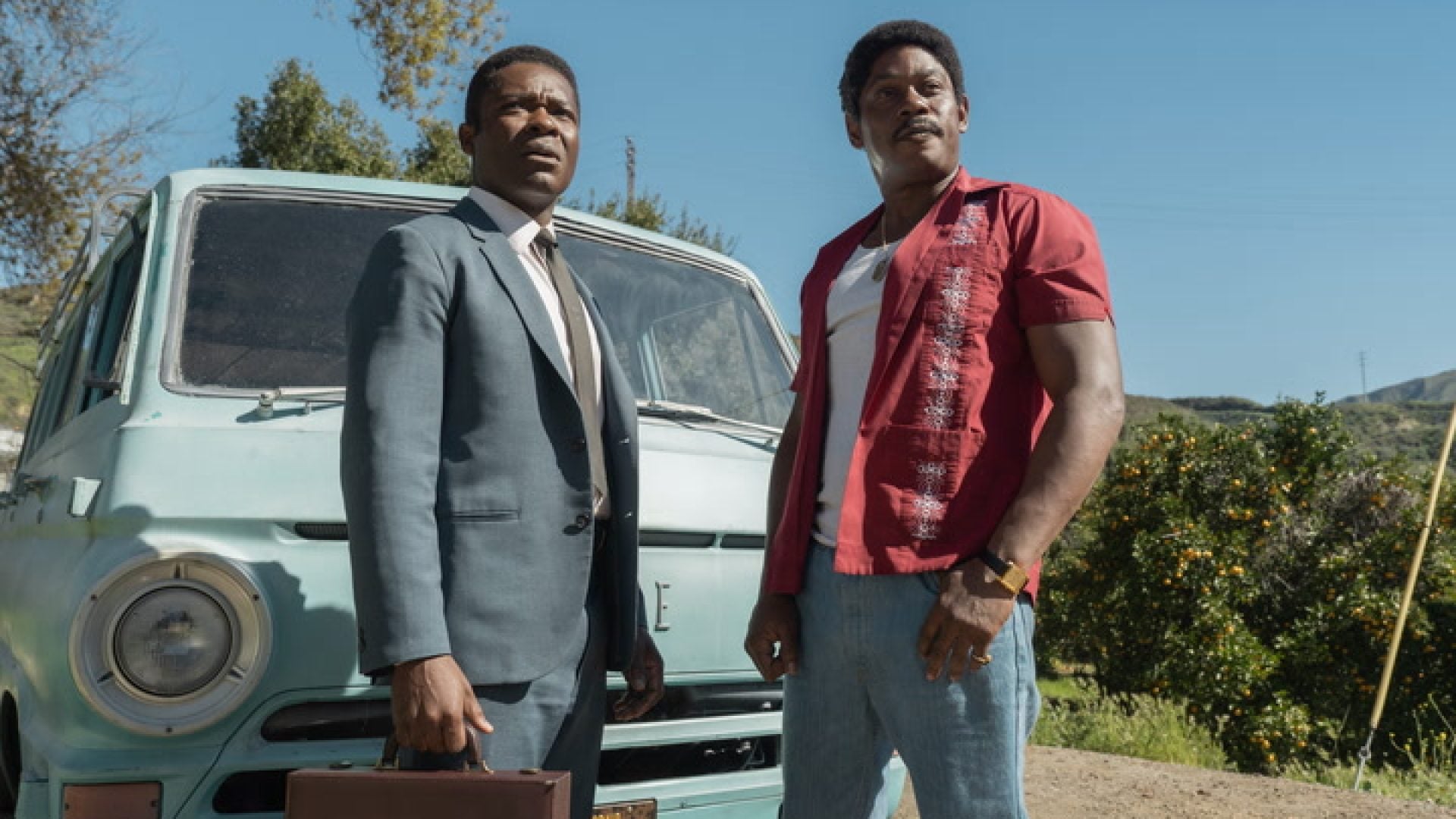
Achieving fame is not easy, so it can be almost unimaginable to give it up. Despite this, there are a handful of our favorite star that have stepped out of the spotlight to focus on other endeavors. Professional pivots aren’t atypical and are even recommended.
As previously reported by ESSENCE, Psychology and labor expert Allison Gabriel workers should redefine what their career looks like for them every dozen or so years in a field. “We’re seeing people decide 10 or more years into their careers that they want to try something completely new,” she told Bloomberg in 2022.
With that, here’s a look at some celebs who opted out of fame for a new career.
Amerie
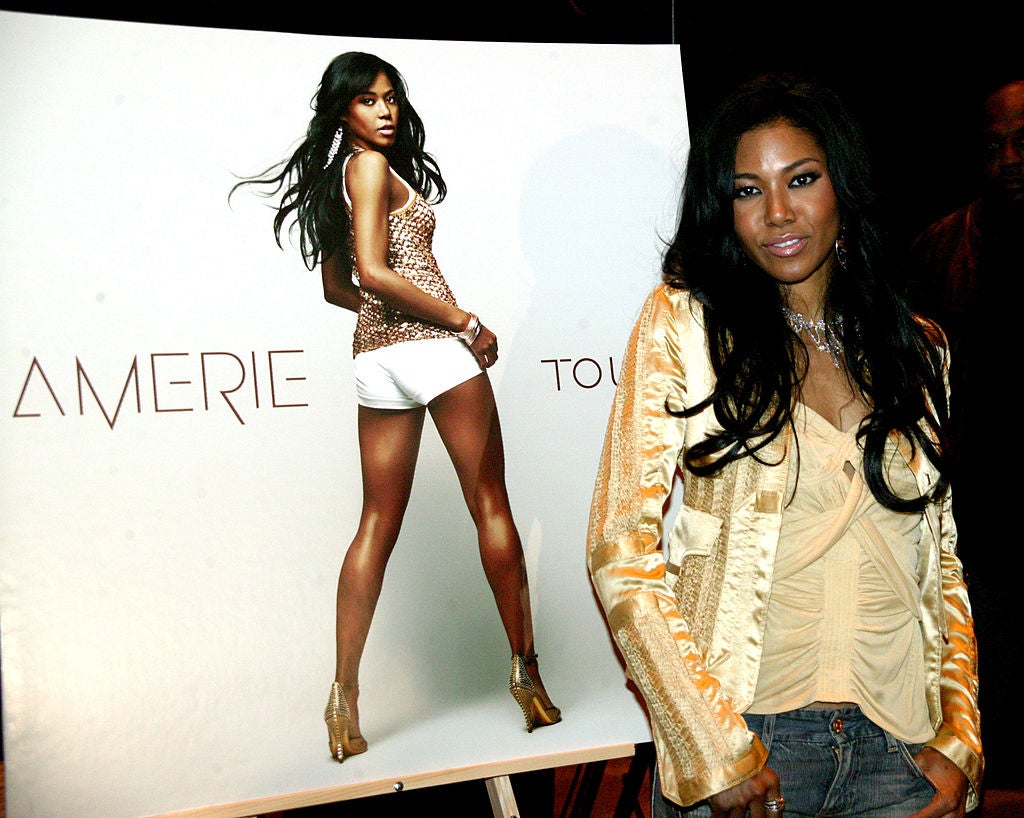
Amerie burst onto the scene as a magnetic singer in the early aughts, and reached almost instant success with her first two albums. In recent years, the singer has chosen to lean into her love of reading and launched a digital book club.
Al Green
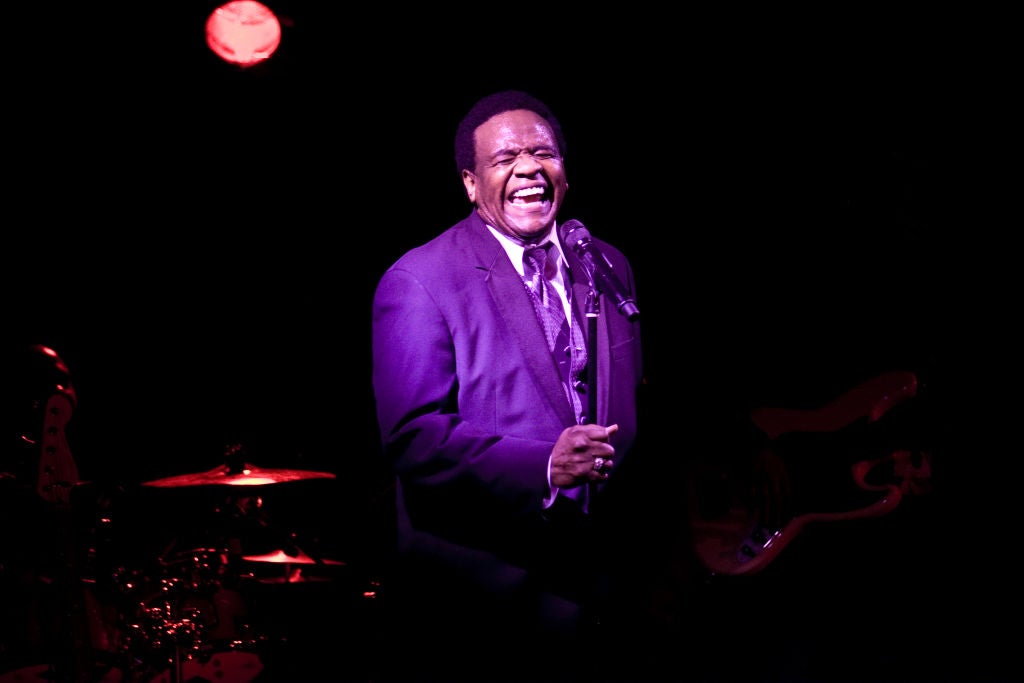
The legendary soul singer Al Green crooned his way into our hearts more than 50 years ago when his hit “Let’s Stay Together” charted high. His music career garnered countless accolades, including 11 Grammy Awards, but he took a step back more than two decades ago to focus on his ministry as a pastor.
Lauryn Hill
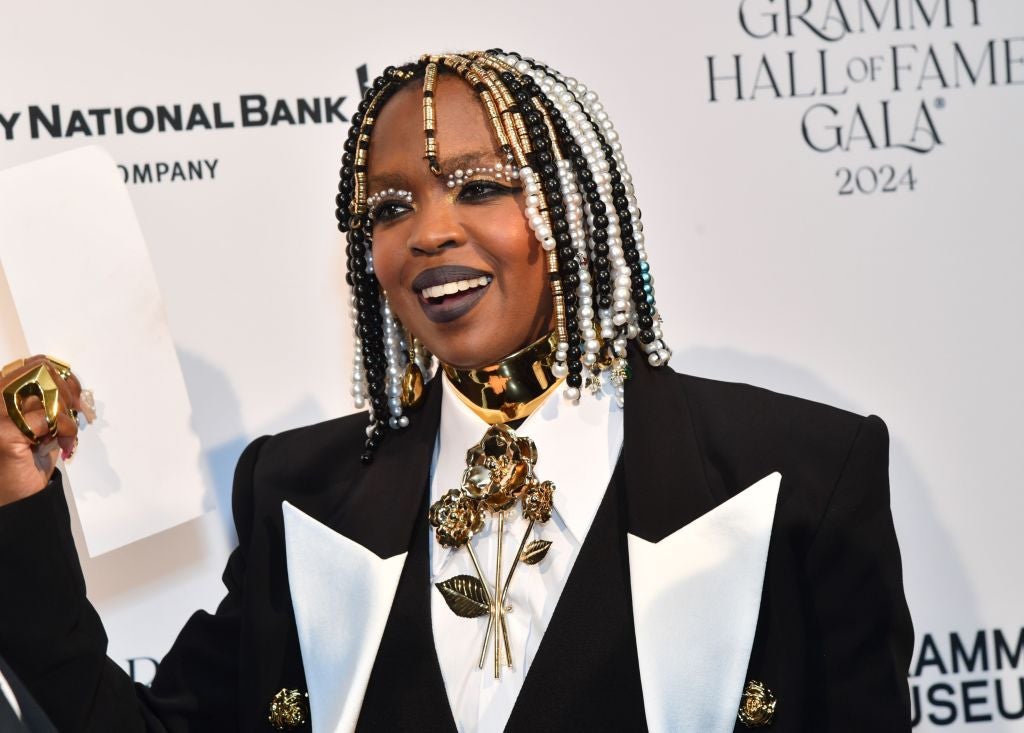
The iconic rapper, singer and actress made history as first Black woman to win five Grammys in one year in 1999 for her album, The Miseducation of Lauryn Hill. Since then she has remained at the forefront of GOAT musician conversations despite never releasing another studio or any other acting projects of note. Instead, for decades she leaned into motherhood, and more recently returned to the stage for spot shows.
Dave Chappelle

The iconic comedian famously shocked the world when in 2005, he ended his hit television show The Chappelle Show and left the country for South Africa for many years. What’s more surprising was the back end news that he reportedly exited from a $50 million deal in the midst of his sojourn.
“Did the fame scare you?” CBS’s Gayle King asked him in a 2017 interview. “Fame, yeah, but not so much that I get on a plane to Africa. Fame is not that kind of scary. But it is – fame is a horrifying concept when it’s aimed at you, you know? At the end of the day, it’s so – you don’t have that much control over it. You just try to conduct yourself as best you can.”
Mashonda
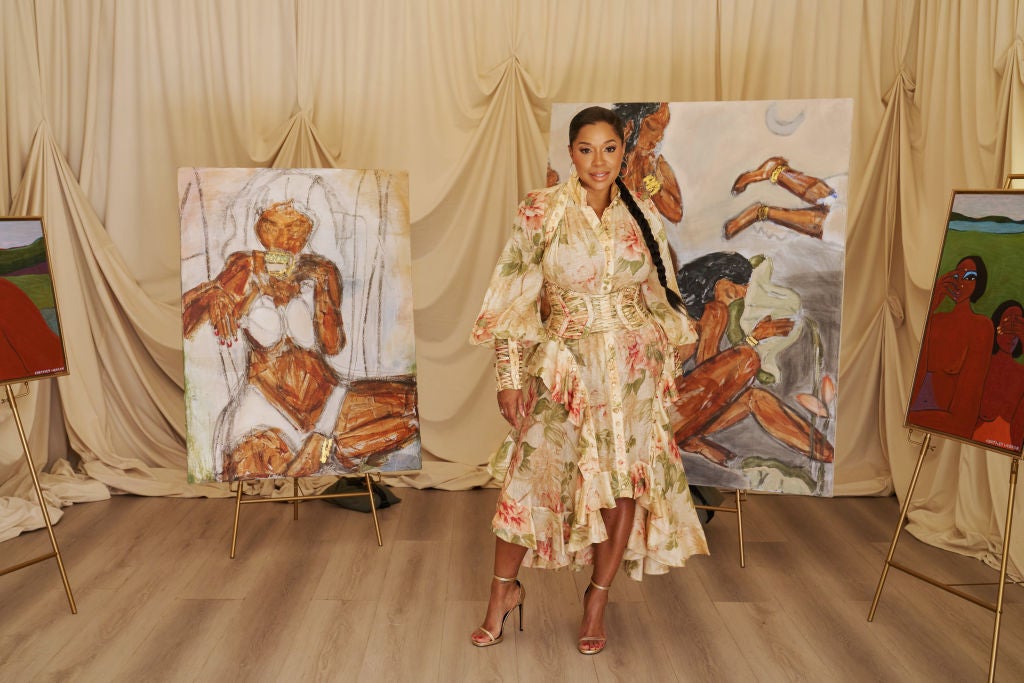
Mashonda began her career as a singer-songwriter in the 90s and 00s before signing a record deal of her own. As a solo artist, she worked with Eve, Jay Z and Snoop Dogg but despite the success, took another path to art curation.
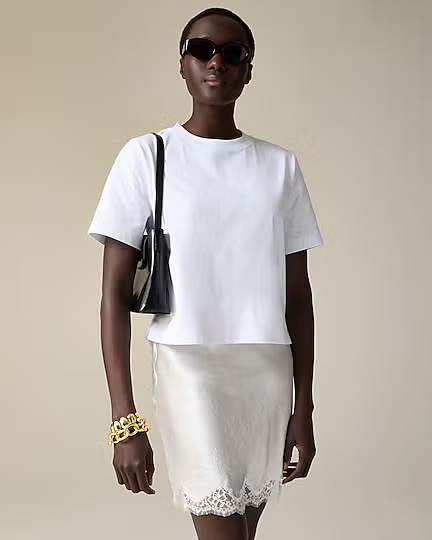






“As I grew older and started making money, it was never a question that I wouldn’t buy art,” she told ESSENCE in 2020. “I don’t even look at it as an investment; I always just knew that I wanted good art at my house.”
To date, she has curated many collections and exhibitions.




